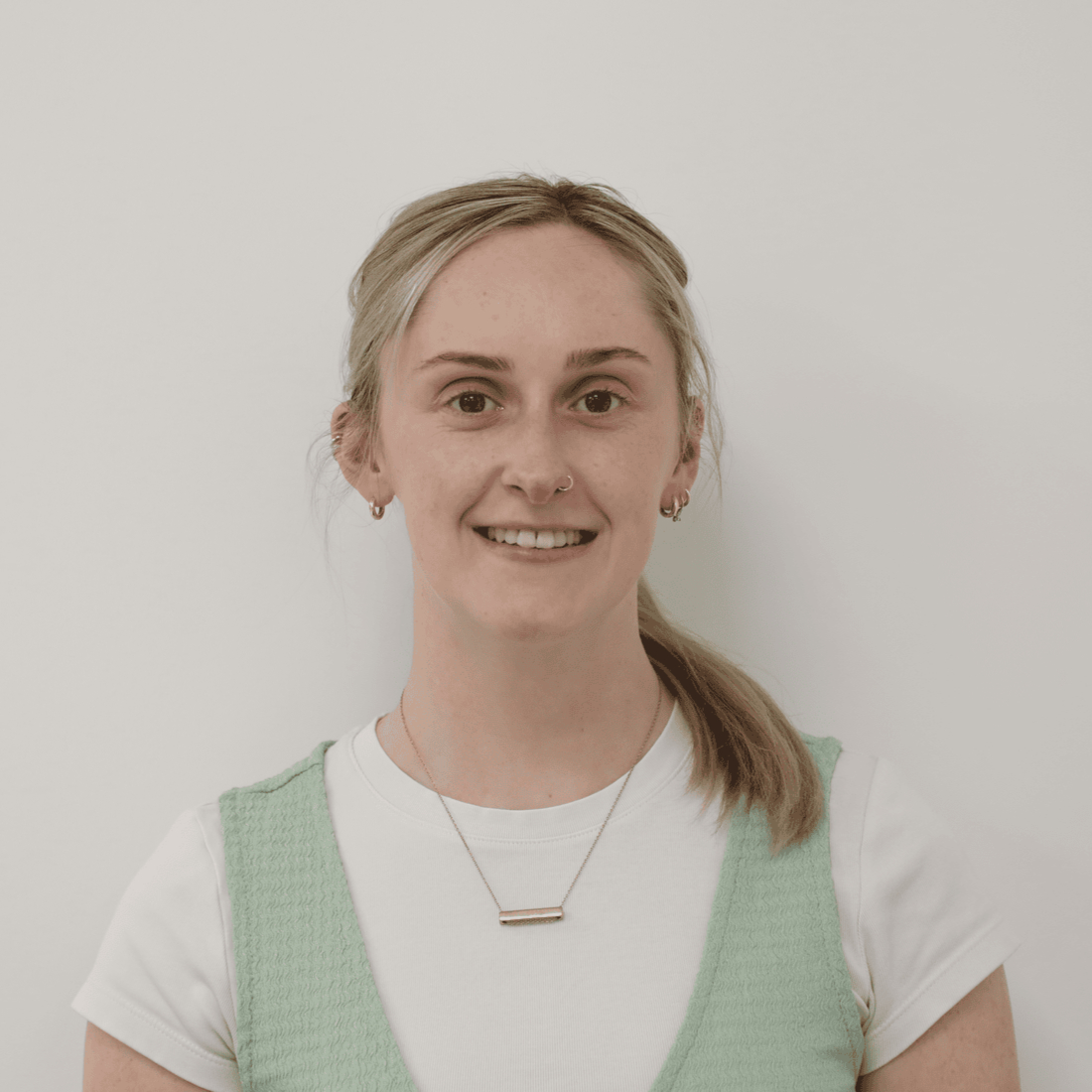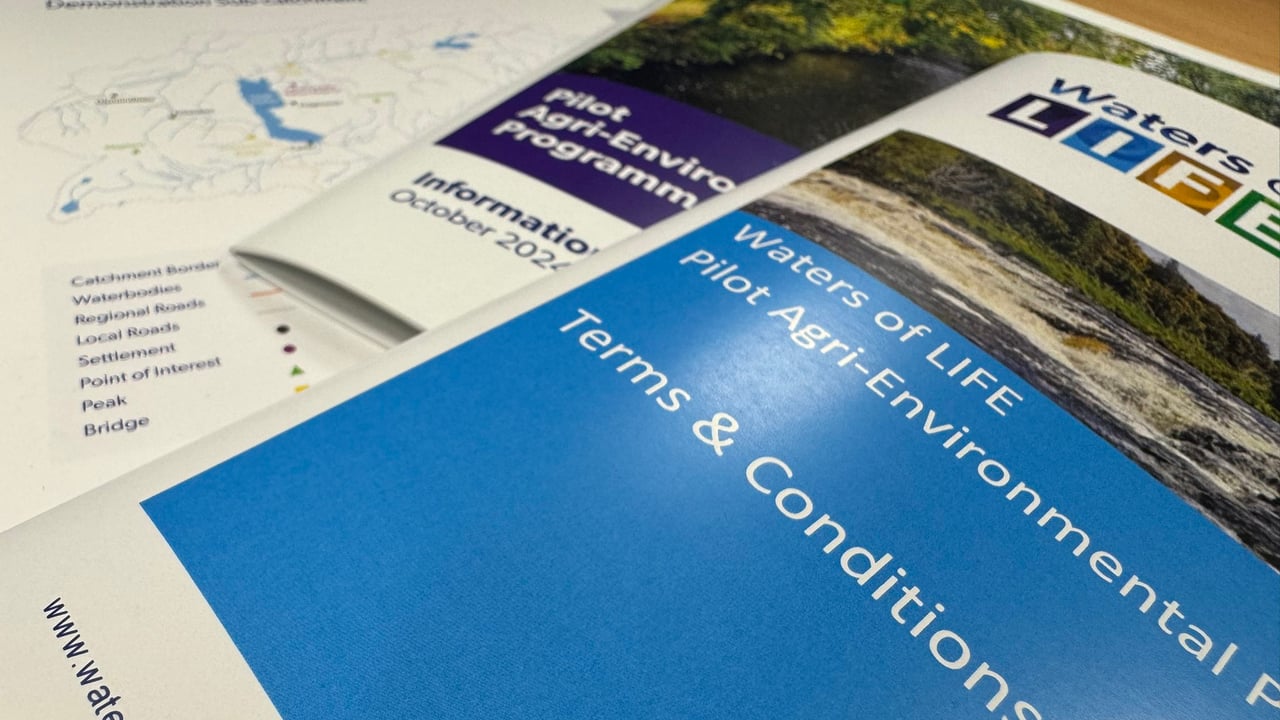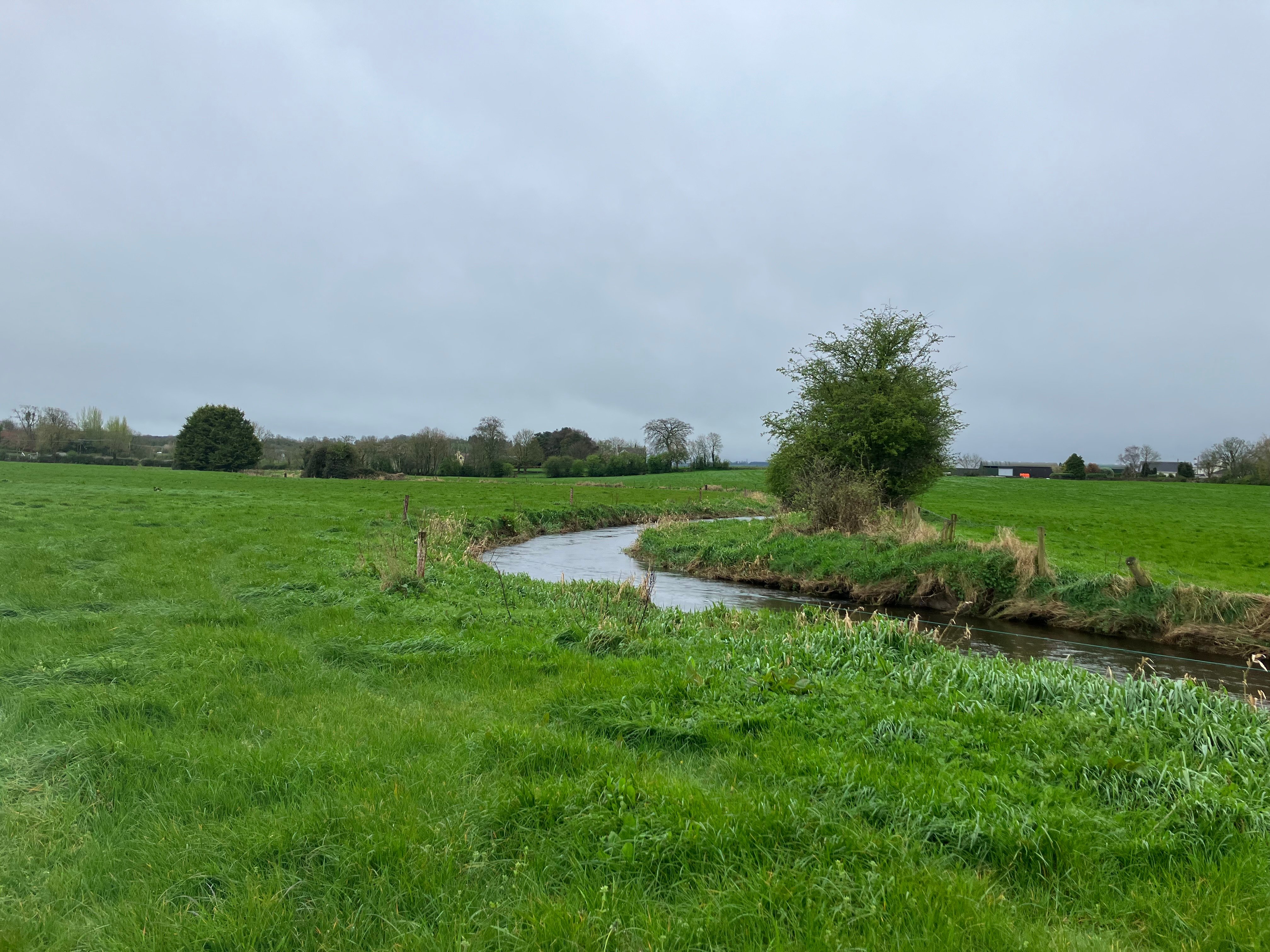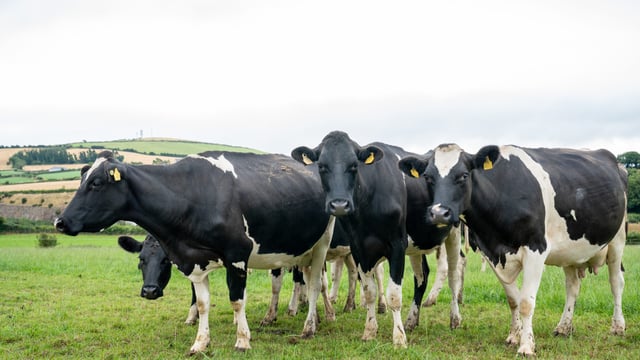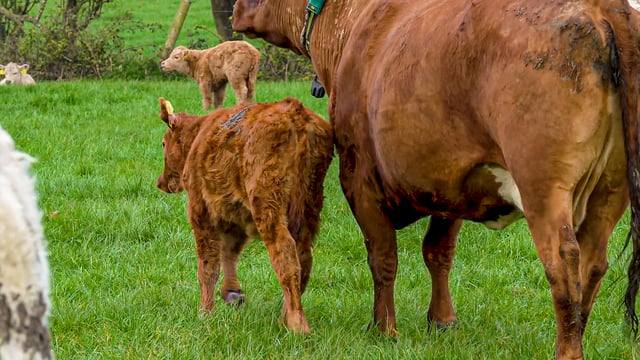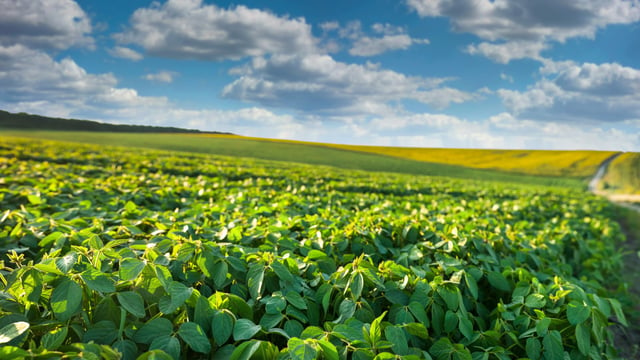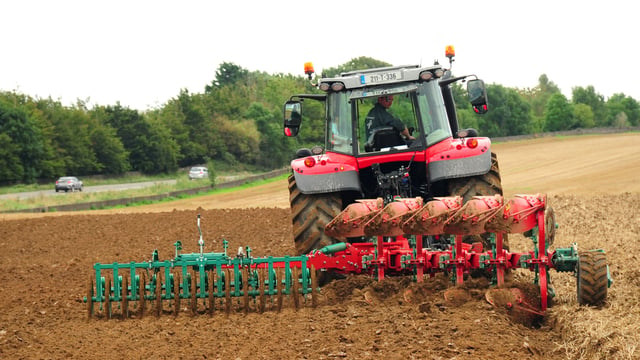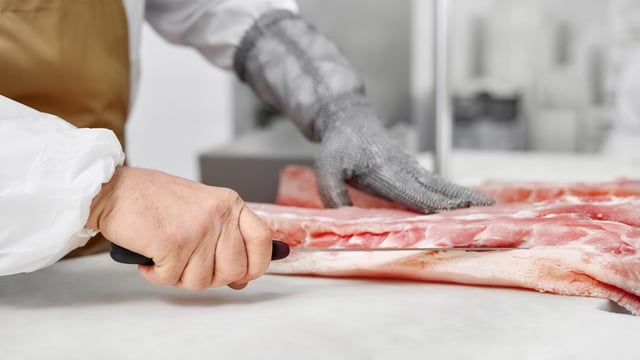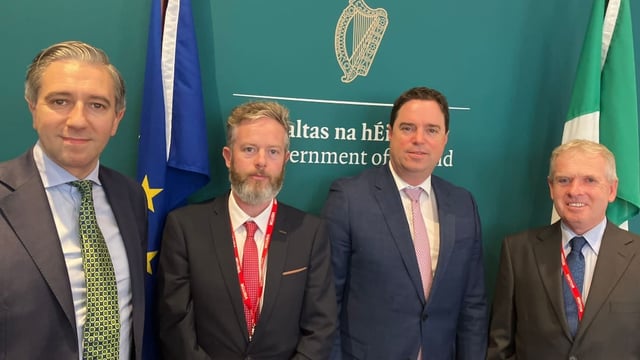Deadline extended for Waters of LIFE agri-environment programme
An update has been issued to agricultural advisors today (Wednesday, August 27), extending the deadline for expressions of interest to the Waters of LIFE programme until Friday, September 12.
In a statement the organisation outlined: "We have been actively recruiting new farmers in recent weeks and have over 200 expressions of interest received for Year 2.
"This could bring our total participation to over 400 farmers, or 1 in 3 eligible farmers volunteering to do their bit for water quality.
"We know advisors are keen to support the programme and recommend participation to your clients, but it's a busy time of year with a lot to manage.
"We have extended the deadline with this in mind."
Expressions of interest for the programme can be submitted on the organisation's website.
Year 1 entrant figures
Waters of LIFE a voluntary agri-environmental programme which is being piloted to reward farmers for protecting and improving water has released its Year 1 entrant figures to Agriland.
Across the five demonstration sub-catchments of:
- Shournagh;
- Awbeg (Kilbrin);
- Islands;
- Graney;
- Avonmore.
The average farmer uptake percentage for the programme was 21.2%. The Shournagh catchment, located in Co. Cork had the lowest percentage of uptake with 17%, equating to 32 out of 302 eligible farmers opting to take part.
The river catchment with the highest percentage of farmer participation was the Avonmore in Co. Wicklow, with 38 out of 135 eligible farmers (28%) entering into the scheme.
The Islands river catchment which is located in both Co. Galway and Roscommon is the catchment with largest number of eligible farmers. 534 applicants are available to apply for the scheme here.
This catchment is also the area where the largest number of farmers applied for pilot, with 98 eligible farmers availing of the programme.
In a statement to Agriland, Waters of LIFE said: "We’ve run a targeted campaign for year 2 and we’re confident we can get voluntary participation to 25% or above in each of our demonstration sub-catchments."
Farmer mindset
Michele McCormack, a socio-economic researcher with the Teagasc Agricultural Catchments Programme (ACP) has highlighted how the predominant farming enterprise can affect farmers' mindset towards engaging with voluntary agri-environmental schemes.
She said: "For example low income or low stocking rate sheep or beef farms may not have the money or be interested in investing in measures that they perceive as less beneficial to their situation."
McCormack also pointed to the administrative burden farmers face when applying for additional schemes and incentives, particularly when the outcome of these measures may not be fully certain.
Previous research that McCormack carried out with students suggested that if farmers have an off farm job - more likely beef or sheep enterprises - they do not have the time for carrying out additional measures, and this is a voluntary programme.
